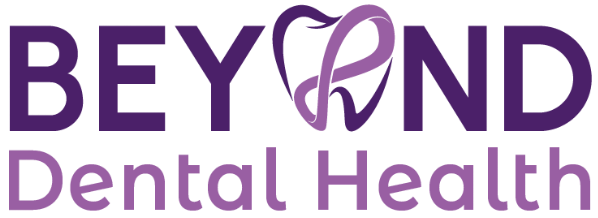Start Early
Dental care for your child should begin even before you can see their first tooth. After feeding, gently wipe their gums with a clean, damp cloth to remove any residue or bacteria. This practice will get them accustomed to oral hygiene and prepare them for toothbrushing in the future.
The First Toothbrush
Once the first tooth erupts, usually between 4 and 7 months old, introduce a soft-bristled infant toothbrush. Brush your child’s tooth twice a day with a grain-sized smear of fluoride toothpaste. Use a brush designed specifically for infants, which features a small head and a long handle for easy gripping. Remember to replace the toothbrush every few months or when the bristles become worn.
Nutrition Matters
A balanced diet is essential for healthy teeth no matter your age. Limit sugary snacks and drinks, as they can contribute to tooth decay. Instead, provide your child with a variety of nutritious foods, including fruits, vegetables, dairy products, and whole grains when they come of age. Milk or formula should not be left in the baby’s bottle overnight, as it can lead to baby bottle tooth decay. Fruit juice also has a lot of sugar and it is important for a child not to have too much or let it sit on their teeth overnight.
Pacifier and Thumb Sucking
Extended pacifier use or thumb sucking can affect your child’s teeth to move and even change the shape of the roof of their mouth which can affect the alignment of your child’s teeth and jaw development. Encouraging your child to stop these habits by the age of two can help prevent potential dental issues.
Regular Dental Check-ups
Your child’s first dental visit should take place by their first birthday or within six months of their first tooth emerging. Early visits to the dentist help identify any potential dental problems and allow parents to receive guidance on oral care tailored to their child’s needs.
Teach Good Brushing Habits
As your child grows, teach them how to brush their teeth properly. Use a pea-sized amount of fluoride toothpaste and supervise brushing until they can do it on their own, usually around age 6 or 7. Make brushing their teeth fun! Below are some ways to make brushing fun and create good oral health habits:
- Play their favorite music
- Have them practice on their dolls first
- Let toddlers take over
- Use a fun reward system
- Use a fun, but good, toothpaste and toothbrush
Flossing Matters
Once your child’s teeth begin to touch, usually between 2 to 3 of age, introduce flossing into their dental routine. Flossing helps remove plaque and food particles from between teeth, preventing cavities in those hard-to-reach places.
Mouthguard for Protection
If your child participates in sports or other physical activities, consider using a custom-fitted mouthguard to protect their teeth from injury. A properly fitting mouthguard can prevent broken or knocked-out teeth, providing peace of mind during playtime.
Lead by Example
Children often learn by observing their parents’ behavior. Let your child see you practicing good oral hygiene habits regularly. Brush and floss together and talk positively about dental visits to teach a positive attitude toward oral care.
Stay Consistent and Patient
Teaching your child proper dental care takes time and patience. Stay consistent with their dental routine and provide gentle reminders to ensure they maintain good oral hygiene habits.
The care of your child’s teeth is a responsibility that starts early in life. By following these tips, you can set the foundation for a lifetime of healthy smiles and instill good dental habits that will serve them well into adulthood. Remember, early dental care not only promotes oral health but also contributes to your child’s overall well-being. Celebrate each milestone in your child’s dental journey and watch them grow with bright, healthy smiles!
Contact us today to schedule your preventive care visit: 781.650.2200 or find us on social media:






